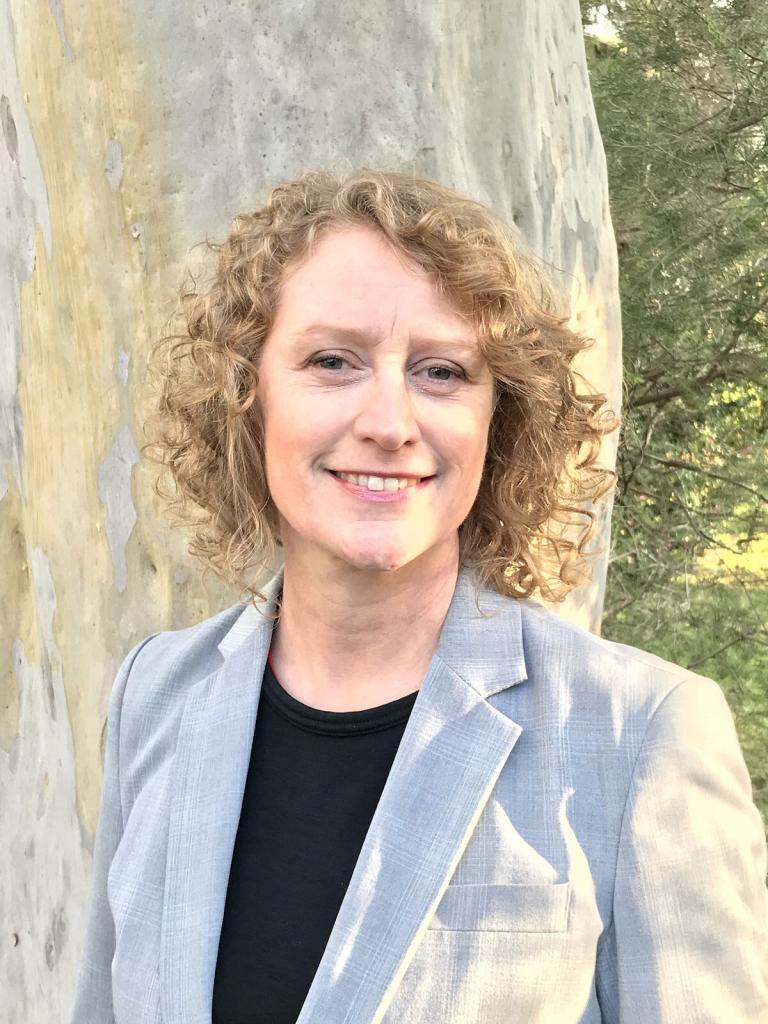
Featured training:
This 8-video bundle will help you write faster, write better, and do more of what you love. Read more.
FROM THE EDITOR’S DESK
Hiya writer friends,
My assignments this week have included pieces on a game-changing development in Indian e-commerce for a newspaper supplement, an article on flipping homes for a US content marketing client, and a story on AI applications in everyday life for a British content agency. Only two of these articles are bylined and one of those is a report for paying business clients, which means that of the three articles I’ve written this week, I only get to include one in my portfolio. A bit of a bummer, but the clients pay well and give me regular work, so I’m not complaining.
Over the weekend, I hit the inevitable point in my novel-in-progress where I absolutely hate it. Can’t understand what I saw in the idea, why I thought I was talented enough to attempt it, and every single scene feels boring and pointless. I’ve been here before, and so I soldiered on, regardless. I ended up writing 7,000 new words in two days and feeling a lot better about both the novel and my ability to bring it to completion.
Oh, and this is our first weekly issue! I’d love to hear what you think of the format, the content, and the frequency. I read and reply to every single email, I promise, even if it sometimes takes me a while to get to it.
Your support and your feedback is extremely valuable to me and I never take it for granted.
Enjoy the issue!
Natasha Khullar Relph
Editor, The Wordling
THE WORDLING RESOURCE
Video Training: Writing Fast—From 7 Years to 7 Months
In this free training, I’ll walk you through the many reasons writers get stuck on a long project, such as a nonfiction book or novel, and then I’ll give you three of my best techniques to speed it up. Techniques that helped me go from writing my first novel in seven years to the next in, you guessed it, seven months.
IN THE NEWS:
Publishers vs. Libraries
When you buy a print book, you own it. But when you purchase an ebook, you license it. This seemingly technical difference has proven to be the source of much contention between libraries and publishers, NPR reports.
What’s the big deal? When a library purchases a physical copy of a book, they own the book. Which means that for a one-time payment, the library can lend the book out for a decade or more. However, when it comes to ebooks, the pricing is different. Because ebooks are licensed from distributors, libraries pay a licensing fee, and this can last several years.
In 2011, libraries could pay a one-time licensing fee for a perpetual license. In 2018, however, publishers started capping licenses at two years. And instead of the prices going down, they’ve tripled during that period.
Why it matters: Libraries want a large and accessible catalog. Publishers want digital lending to stop cannibalizing ebook sales. What do authors want? Most would prefer a middle way that ensures their books are accessible to libraries, while also allowing them to benefit from sales.
What happens next? An ongoing court case between four major publishers and The Internet Archive could have implications for how digital works are valued and lent out, and how this impacts authors. I’ll talk about in next week’s issue.
ALSO SEE:
The death of Queen Elizabeth II dominated British and world newspapers over the last week, with some 426 pages of national newspapers devoted to the coverage. Press Gazette published a piece on the Queen’s relationship with the media, including the many times she sued news outlets to protect her family’s privacy. Sky News issued an apology after a protest following the killing of Chris Kaba by a police officer was mistaken for a march in support of the Queen. The Guardian looked into the anger and online conversation around colonial atrocities as a legacy of the monarchy.
Oh, and Oprah got involved.
NEW ON THE WORDLING
61 Ways to be Productive When You Work From Home
So you don’t end up working during your free time.
SARA PHILLIPS ON ENVIRONMENTAL JOURNALISM

“What makes a great science and environment story is purely humanity.
“There are so many science and environment stories that will spout facts and figures at you. Climate change has used up 90% of our budget and we’re going to be rising by 1.5 degrees and numbers, numbers, numbers, numbers, numbers. If you actually tell a story about a person, that’s where the engagement is. All science journalism for me is about narrative and about humans and about engagement. If you’ve not got those bits in your story, then you’re lacking the story.”
WRITERS WANTED
Some calls for submission from Twitter this week:
Harper’s Bazaar is looking for fresh beauty features and beauty voices for their website.
Kindred (by Parents magazine) is looking for pitches from Afro Latinx writers that talk about family experiences while resisting the white gaze.
Business Insider is looking for stories on how the tech industry impacts people, businesses, and society.
TravelMag.com is currently taking pitches for news-adjacent travel features.
France Today wants anything on France (but ideally not Paris) including culture, language, places to stay/see, history, etc.
Glamour, UK, is looking for brilliant, feministy pitches, both evergreen and hooked to current affairs.
MIT Tech Review wants your stories on design, accessibility, education, as they relate to/connect to tech.
NYT Magazine has a new features editor who wants your pitches.
Creative Bloq is looking for UK and US-based writers to test all the latest tech.
THE WORDLING INSIGHT
Be unapologetically you in your pitches. If your editor doesn’t like your sense of humor or how sassy you are or gets offended at your use of their first name, that relationship wasn’t ever going to work anyway.
Don’t hide who you are and don’t bother hiding where you live and work from. Be you.
You’ll get more rejections, but you’ll get accepted a whole lot more, too.
GLOBAL REPORT
SAUDI ARABIA: After journalist Jamal Khashoggi was killed in 2018, Vice Media and other organizations distanced themselves from the Saudi Arabian government. Now the New York Times is reporting that the youth-focused digital media company is exploring a deal with MBC, a media giant partly owned by the Saudi government, to start a new content partnership in the region.
UNITED ARAB EMIRATES: In Dubai, after the Al Roeya newspaper published a story about high fuel prices, dozens of employees were fired, top editors interrogated, and the print paper declared dissolved. “Self-censorship is rife among journalists at local outlets expected to provide a stream of good news in the UAE, which advertises itself as a globalized destination attractive to tourists, investors and Western media companies,” Isabel Debre writes for the AP.
USA: The budget passed in California last week included $25 million for local news, to be distributed via UC Berkeley’s Graduate School of Journalism starting next year. This is believed to be the largest state allocation ever made in California and in the US to support local journalism. The program will award 40 fellows per year for at least 3 years, paying them an annual $50,000 stipend to supplement their salaries working in California newsrooms.
QUOTE OF THE WEEK
“People say, ‘What advice do you have for people who want to be writers?’ I say, they don’t really need advice, they know they want to be writers, and they’re gonna do it. Those people who know that they really want to do this and are cut out for it, they know it.”
– R.L. Stine
SHARE THE WORDLING
The Wordlings forgot to make a playlist for their current WIP and feel like they’ve missed an important step in their process. Share The Wordling with a friend who loves to write to the sound of music.
or
Support The Wordling with a tip.

